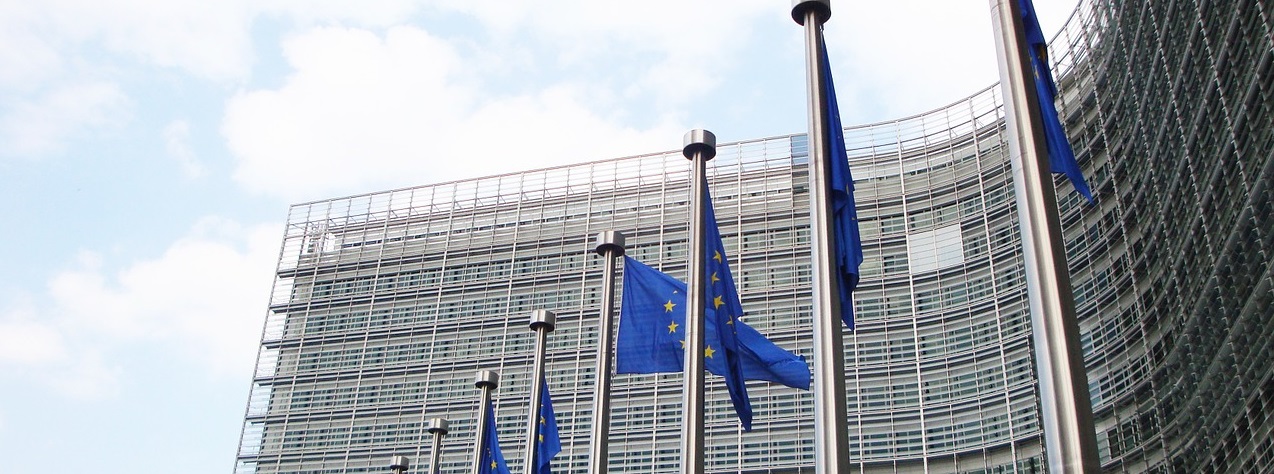The Commission has kick-started the debate on reforming decision-making for areas of EU taxation policy, which currently requires unanimity among Member States. This unanimity often cannot be achieved on crucial tax initiatives, and can lead to costly delays on sub-optimal policies. The Communication published today suggests a roadmap for a progressive and targeted transition to qualified majority voting under the ordinary legislative procedure in certain areas of shared EU taxation policy, as is already the case with most other EU policy areas. This possibility is envisaged by the EU Treaties.
The Commission is not proposing any change in EU competences in the field of taxation, or to the rights of Member States to set personal or corporate tax rates as they see fit. Instead, the aim is to allow Member States to exercise more efficiently their already pooled sovereignty so that shared challenges can be addressed more swiftly.
Commission President Jean-Claude Juncker, who had called for a move to qualified majority voting in taxation in his recent State of the Union addresses, said: “Our increasingly globalised economies need modern and ambitious tax systems. I remain strongly in favour of moving to qualified majority voting and a stronger voice for the European Parliament on the common future of taxation in our Union.”
In the Communication, the Commission asks that EU leaders, the European Parliament and other stakeholders assess the possibility of a gradual, four-step progression towards decision-making based on qualified majority voting as set out below:
- In Step 1, Member States would agree to move to qualified majority voting decision-making when it comes to measures that improve cooperation and mutual assistance between Member States in fighting tax fraud, tax evasion, as well as for administrative initiatives for EU businesses, e.g. harmonised reporting obligations. These measures are usually welcomed by all Member States but are prone to being blocked for reasons unrelated to the issues at hand.
- In the same vein, Step 2 would introduce qualified majority voting as a useful tool to progress measures in which taxation supports other policy goals, e.g. fighting climate change, protecting the environment or improving public health.
Today’s Communication suggests that Member States decide swiftly to converge on a decision to develop Steps 1 and 2.
- The use of qualified majority voting under Step 3 would help to modernise already harmonised EU rules such as VAT and excise duty rules. Faster decision-making in these areas would allow Member States to keep up with the latest technological developments and market changes to the advantage of EU countries and businesses alike.
- Step 4 would allow a shift to qualified majority voting for major tax projects, such as the Common Consolidated Corporate Tax Base and a new system for the taxation of the digital economy, that are urgently needed to ensure fair and competitive taxation in the EU. In particular, the Common Consolidated Corporate Tax Base is still progressing very slowly as a result of unanimity. Today’s Communication suggests that Member States consider developing Steps 3 and 4 by the end of 2025.
Brexit
Ahead of tonight’s vote in the House of Commons, the College had an exchange of views on the basis of the Joint letter sent yesterday by Commission President Jean-Claude Juncker and European Council President Donald Tusk to the Prime Minister of the United Kingdom, Theresa May, providing clarifications to the Withdrawal Agreement and Political Declaration as negotiated between the European Union and the United Kingdom.
Trade
Commissioner for Trade Cecilia Malmström debriefed the College on a wide range of trade matters, notably on the latest developments of the discussions with the United States following her visit to Washington last week. The discussion also touched upon on the possible next steps regarding the implementation of the positive EU-US trade agenda, as agreed by Presidents Juncker and Trump in July.
Competition
The College was informed by Commissioner for Competition Margrethe Vestager about the state of play of the Siemens/Alstom merger procedure. There was an exchange of views about competition principles in a global context. The College will take a decision by 18 February on a proposal by Commissioner Vestager, on the basis of the rules and procedures applicable in such cases.
Source: https://ec.europa.eu



